By Jessica Anyan- Brown
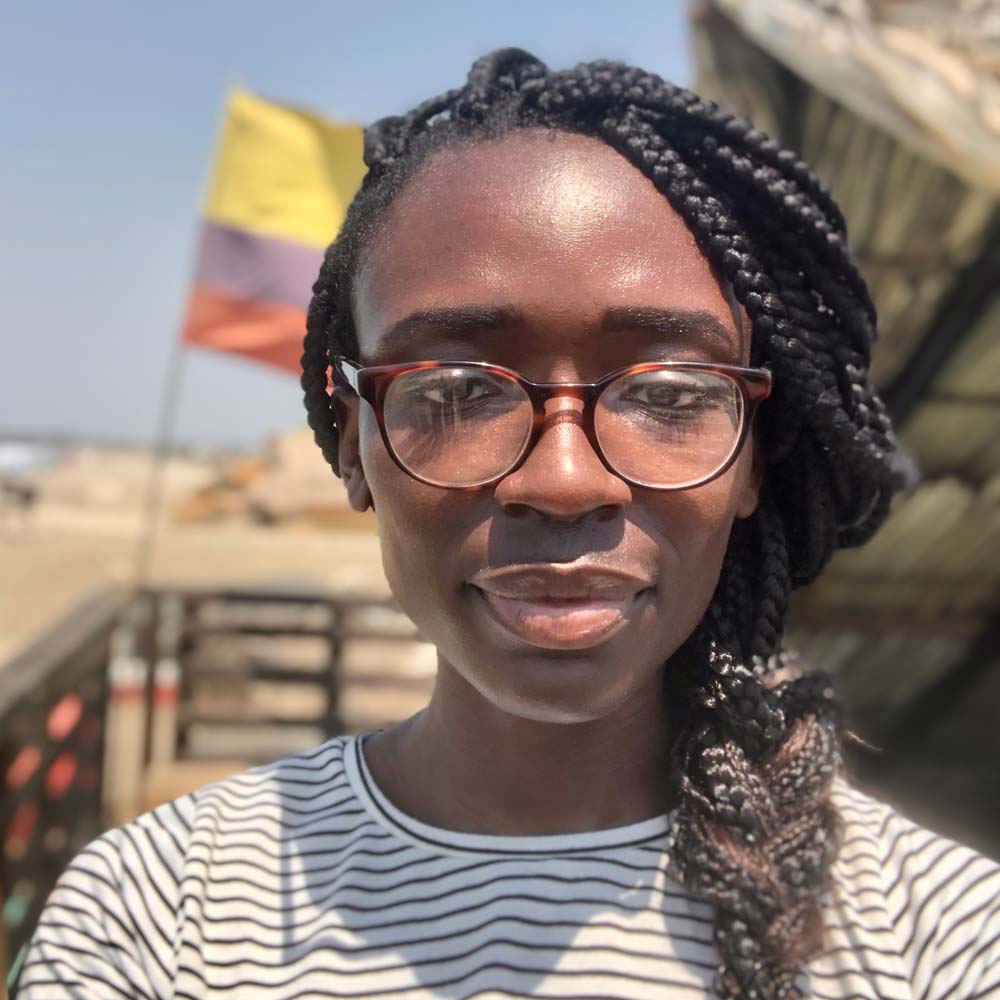
In the wake of the recent Black Lives Matter movement and protests, each aspect of our modern lives has been examined to assess how we can create a more even playing field. The travel industry is important because the spending power of black travellers is huge, yet our representation and experiences aren’t reflected.
Travel is a privilege not only economically but also socially. I’ve travelled to 35 countries so far and 99% have been amazing.
But my experiences aren’t shared by other black travellers who are navigating the world on different passports.
It’s an important part of travel to reflect on and think about what part we play in this narrative. So this is my take on the power of passport privilege as a black traveller.
What is passport privilege?
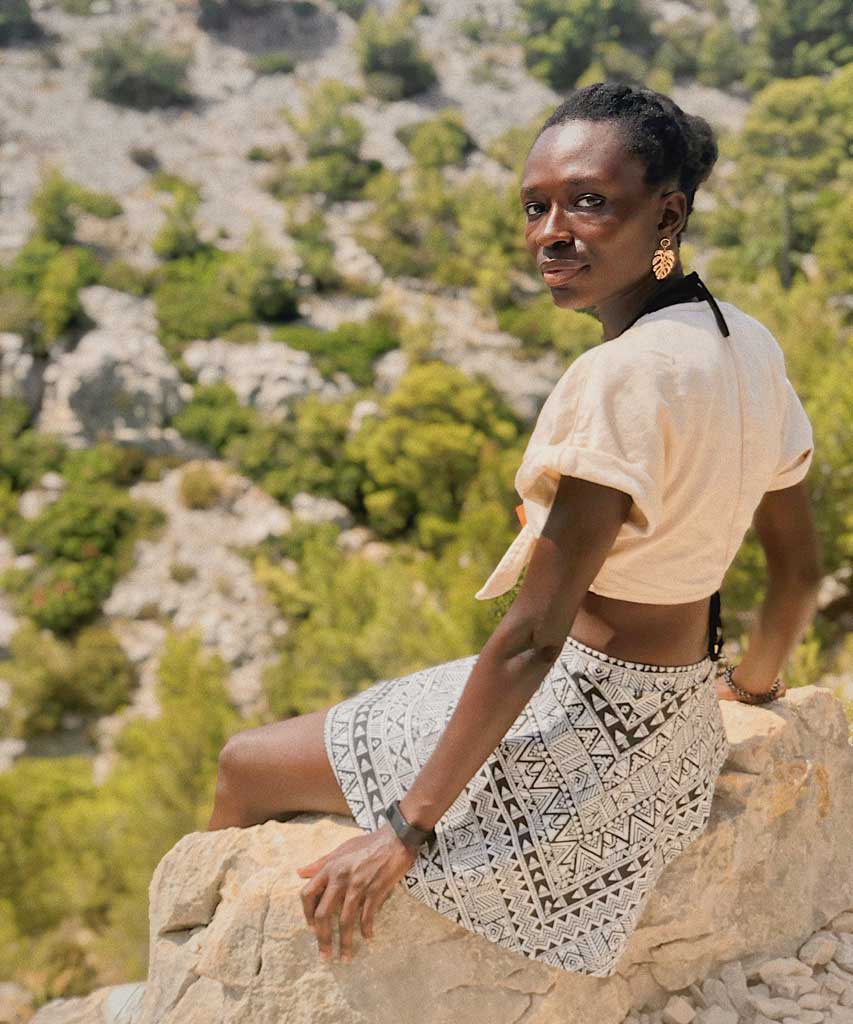
For black travellers specifically, passport privilege is how your passport allows or impacts your ability to travel to – and enjoy being in – many places. It is recognised that those of us with “stronger” passports will navigate the travel industry easier in some aspects compared to others. Trying to get a visa for some places can be a lengthy and expensive process – which is a deterrent.
It also makes you think about where you might feel welcome as a black traveller and what misconceptions people might have because of the passport you carry. All of this leads to the underrepresentation of black travellers from certain countries in some areas.
Now you’ve arrived, what next?
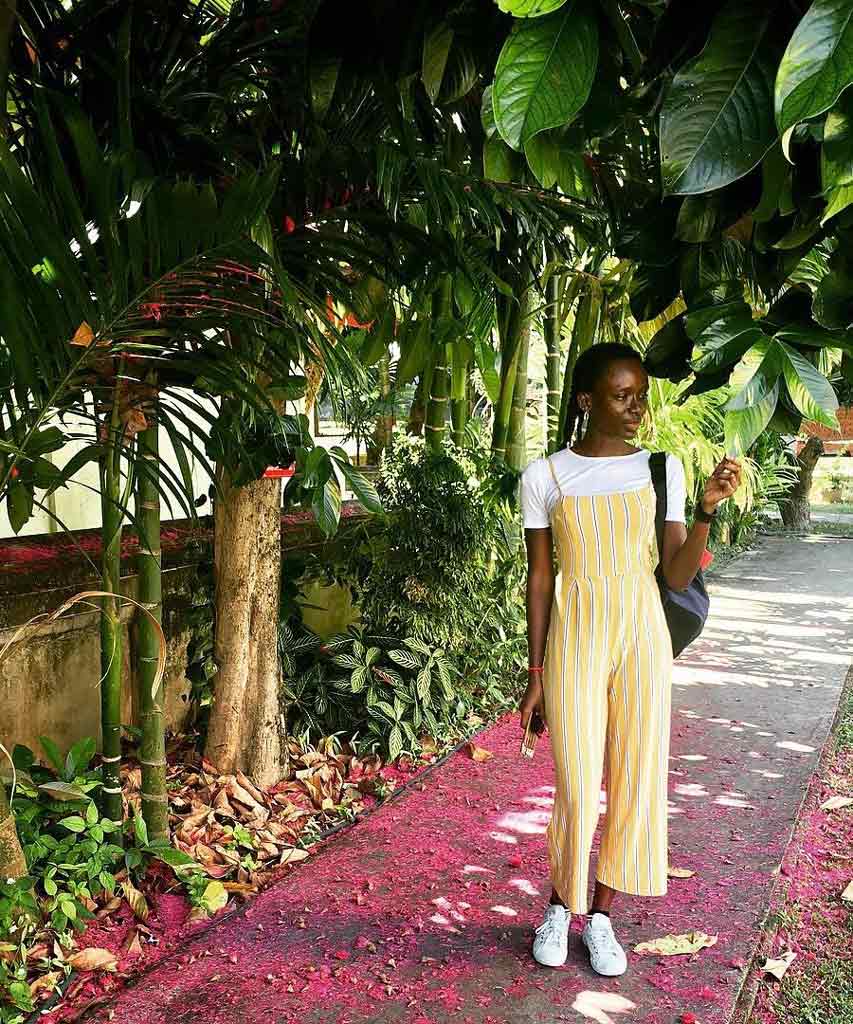
If your passport allows you to enter into a country easily, you’ll more likely (but not always) have a better experience at border control. For those who have already gone through a difficult visa process, the waiting and questioning in the airport is another challenge. I’ve seen friends travelling on non-British passports being held up at border control for a long time despite us all flying from London together with the same itineraries!
Even something as simple as booking accommodation can be problematic. Questions to be considered: Will the Airbnb owner accept my ID to confirm the booking? Do the conditions of my visa allow me to be spontaneous about booking? What will the hostel owners think if I just show up instead of booking ahead? On certain trips, myself or other group members with British passports have been put in charge of booking for these reasons.
Does passport privilege affect how I might be treated abroad?
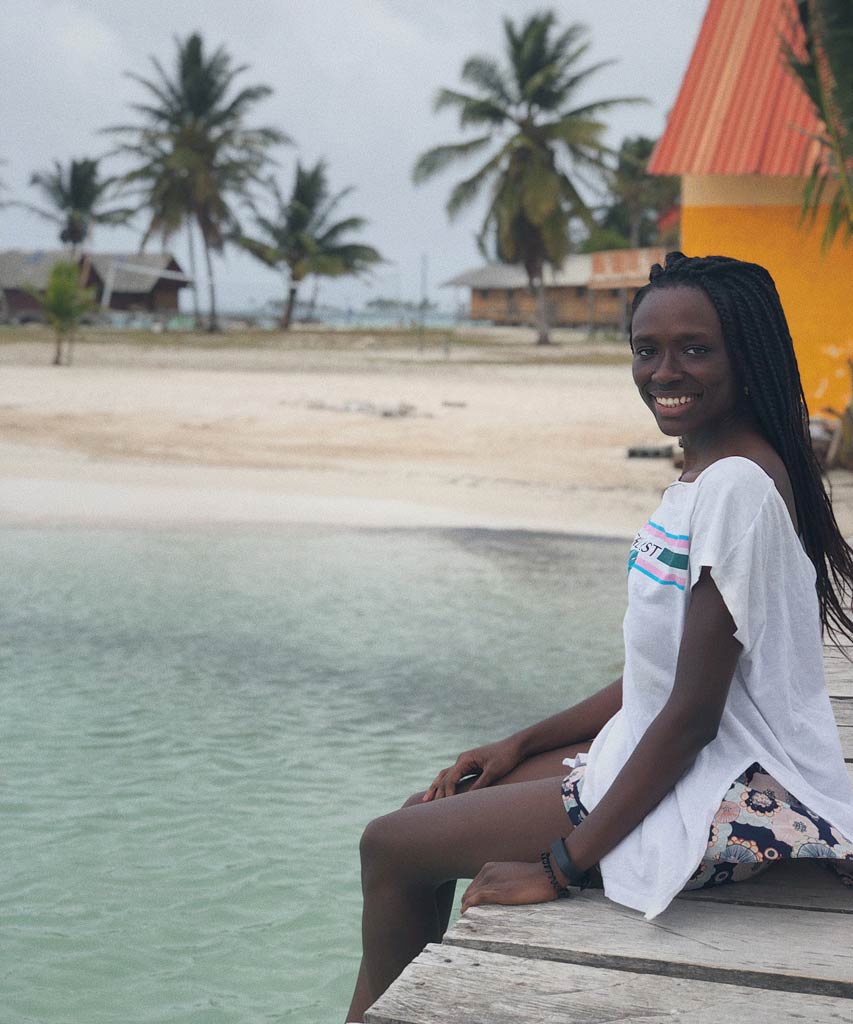
In my experience, absolutely yes! I’ve been called Africa many times by locals in the street. I am proudly of Ghanaian origin so they’re not wrong, but it feels weird. Once they hear me speak, they quickly apologise or attempt to have a normal conversation. Often staff in restaurants or tourist attractions will ask tentatively where I’m from. I usually say the UK and they visibly relax. It’s as if there’s suddenly more confidence in my spending power.
Would this differ in some settings if I was travelling with my Ghanaian passport? Or if I spoke with another accent, I wonder!
Are there any drawbacks with assuming passport privilege?
There definitely are.
After all, it doesn’t stop the stares or wandering hands reaching for my hair when abroad! I have also been grilled about my intentions when visiting a handful of countries despite presenting return tickets and my British passport.
My assumed privilege made me surprised by this questioning, but I know fellow black travellers with different passports experience this more routinely.
How do we address the differences associated with our passports?
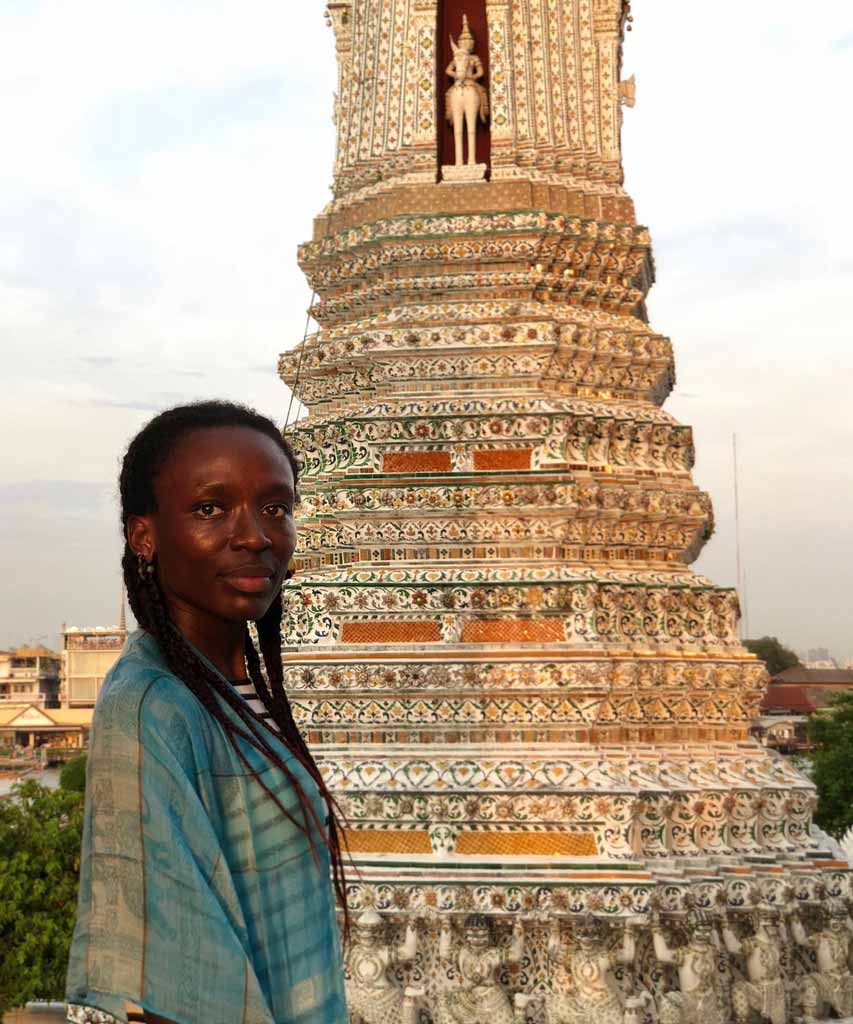
Whilst we can’t change the power of passports individually, we can reflect on our thoughts and attitudes towards all black travellers. Regardless of the passport, we have travelled to your beautiful country to enjoy your culture and contribute to your economy! In return, we would love to share information about ourselves and our home countries to encourage you to visit or simply learn more.
For those of us black travellers who benefit from passport privilege, it’s important to recognise this. We inadvertently are representatives for all black travellers in some parts of the world which can’t be helped, but this is okay.
Your experiences and feedback will help the next person decide to visit a place which they would never have considered before – a win-win for all involved!
About the author
Jessica Anyan-Brown is a part-time travel and culture blogger, with plenty of travel experiences in the 35 countries she’s visited to date.
Her favourite part of the world (so far) has been Central America due to its vibrancy and richness in culture. Her home country Ghana is a close second.
Jessica started her blog Road2culturedom to inspire people to find culture wherever they travel, not only abroad but also closer to home. She uses her social media and her website to encourage her followers to share her passion for purposeful travel!
This post concludes our guest post series (but definitely NOT the conversation) If you’re interested in learning more about racism in the travel industry and how to be a better ally or conspirator, then dive into this series’ insightful posts below!
- How To Be A Good Ally to BLM
- The Peculiarities of Traveling While Black – And How Travel Media Can Help
- Where Are You *REALLY* From? And Other Racial Microaggressions Black Travellers Wish You’d Stop Saying
- Things to know about Africa: These 7 racist stereotypes need to change
A big thank you to Pelumi from @Black.Kintsugi, Jessica from @TheUfuoma, Efia from @EffyTalksLife, Fisayo from @TheFisayo and of course to this week’s author, Jessica from @Road2Culturedom. <3

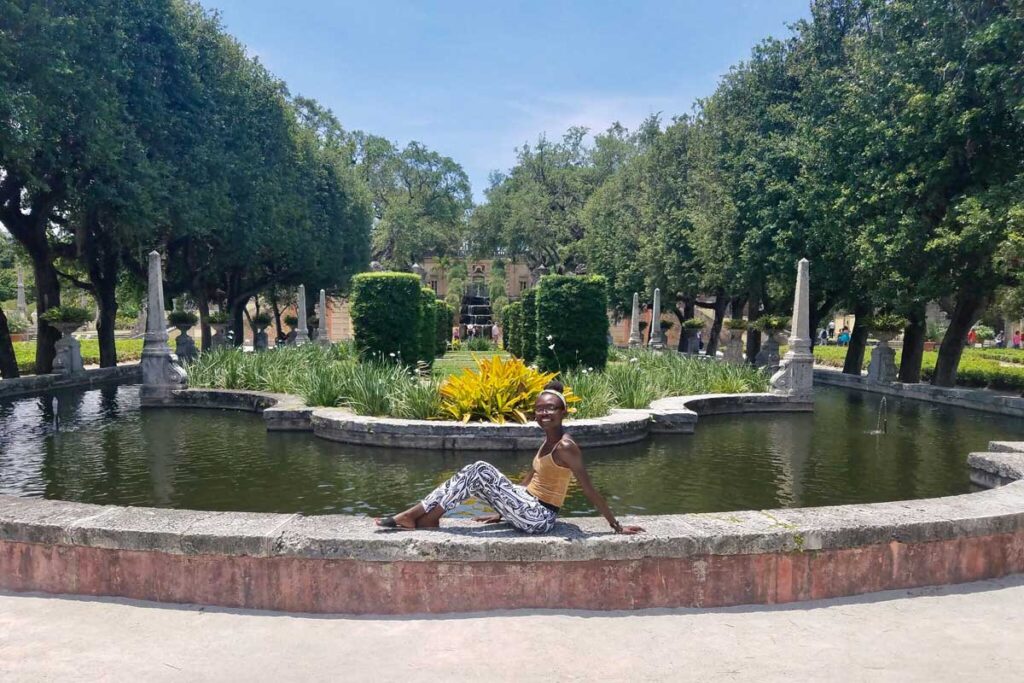
Comments are closed.